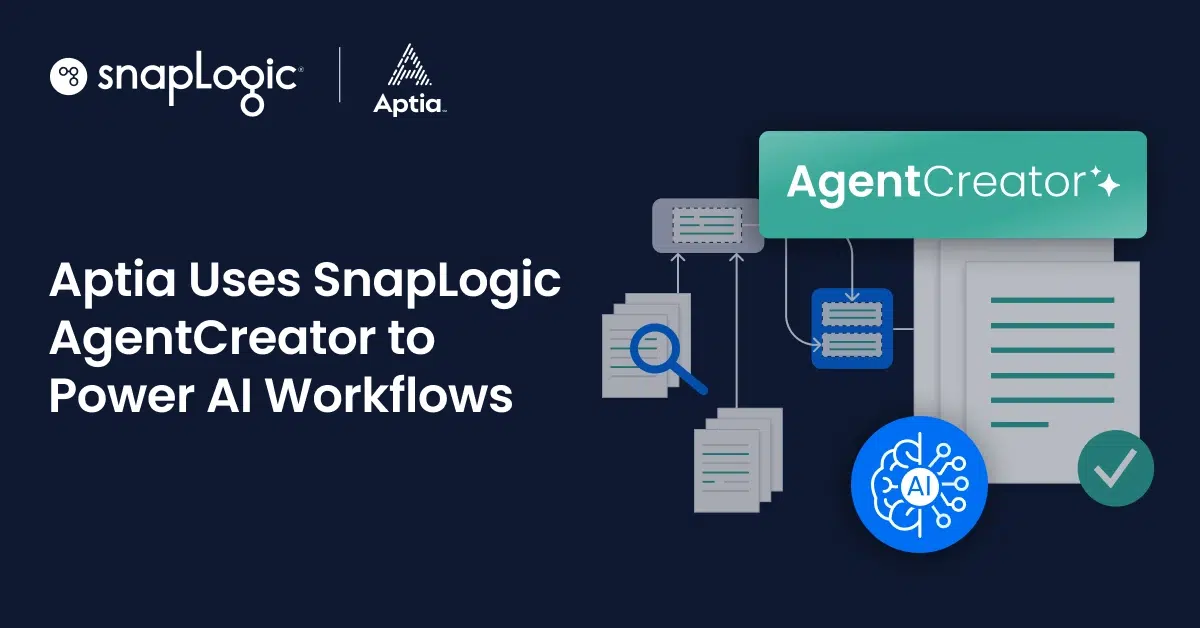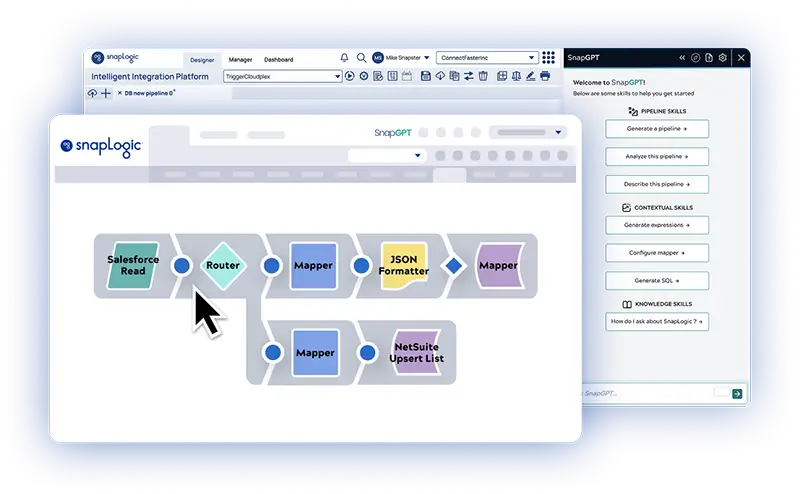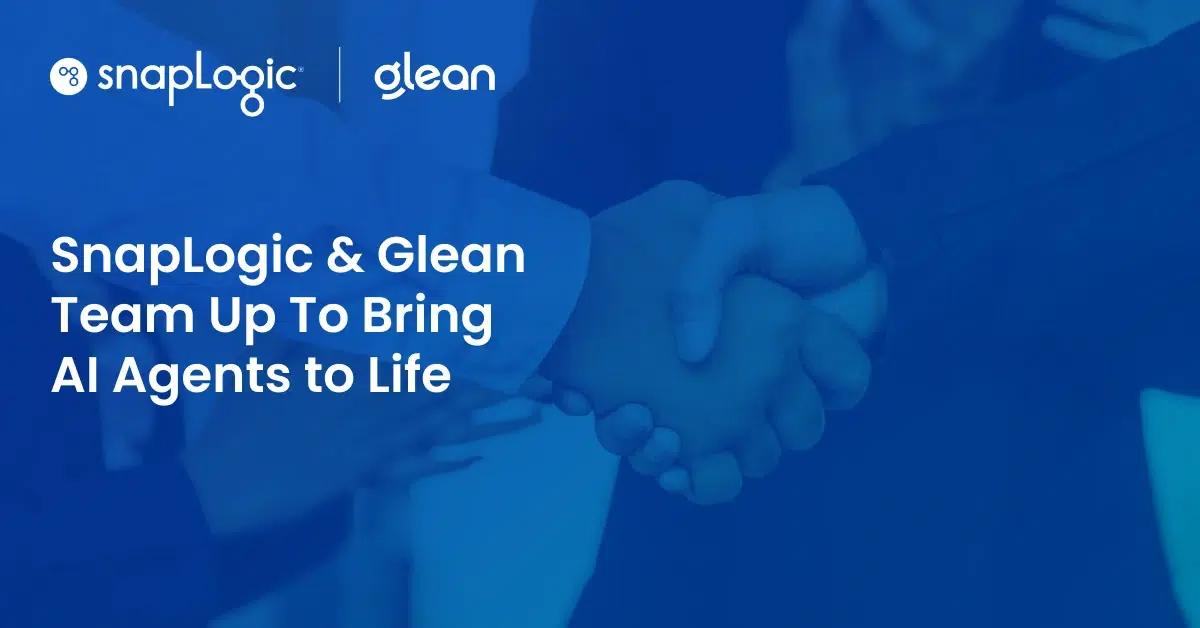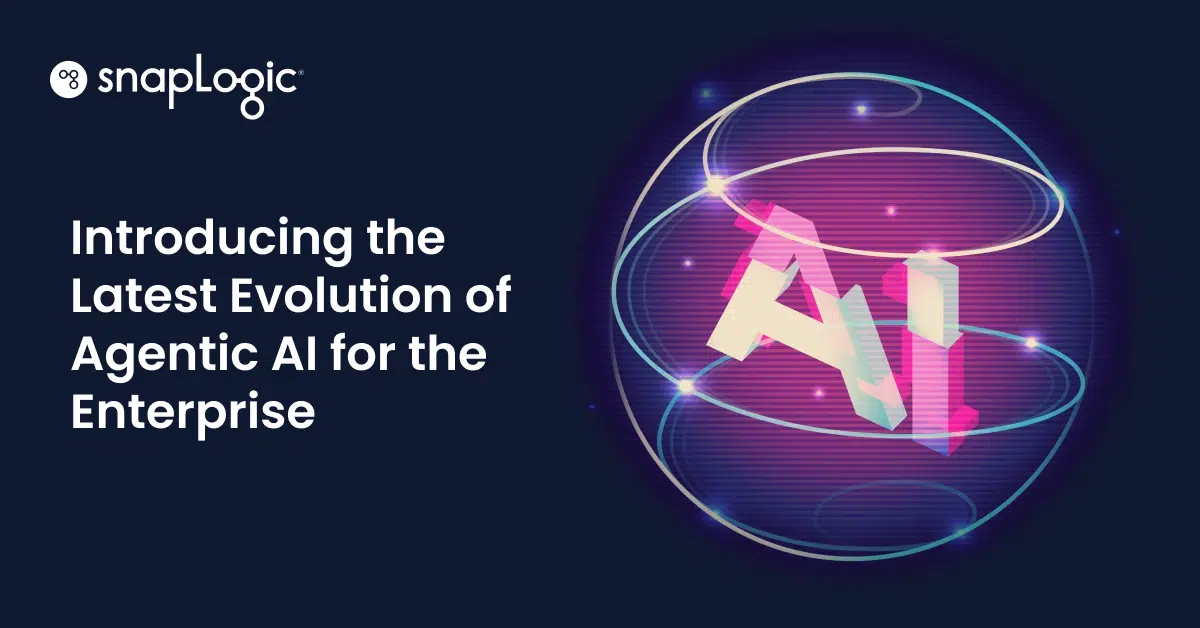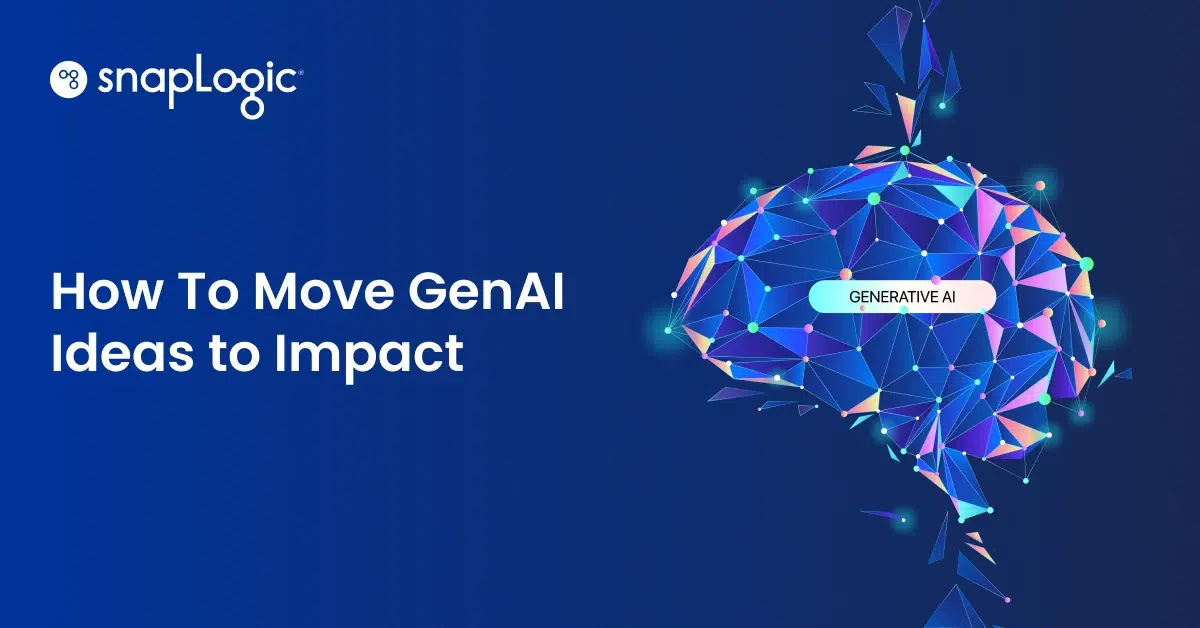When I first heard Aptia’s story during our prep sessions for AgentFest, I knew it was going to be something special. Their journey perfectly captures the kind of real-world innovation we hoped to spotlight at our inaugural virtual event. During their session, Mike Wertz, Program Engineering Leader, and Ramsay Troutman, Implementation Leader, offered a behind-the-scenes view on how Aptia is embracing AI to modernize and scale its health benefits administration services – and it was nothing short of inspiring.
Navigating the complexity of benefits administration
Benefits administration is no small feat. Aptia handles complex data for over 7 million people and more than 1,100 clients across the U.K. and the U.S. The U.S. health benefits administration involves a high volume of intricate data flows between internal and external systems, including sensitive information like demographics, enrollment data, and payroll details. Ensuring the accuracy and security of this data is paramount to avoid errors that could impact employees’ benefits and compliance. Mike and Ramsay laid out the challenges they’ve faced, from complex data conversions to the need for reusable, scalable automation across systems.
Enter SnapLogic: the engine behind the transformation
To tackle these challenges, Aptia turned to SnapLogic’s low-code, AI-powered platform. With a powerful library of prebuilt connectors (Snaps), dynamic configuration capabilities, and cloud-native architecture, SnapLogic gave Aptia the flexibility and speed they needed to standardize and automate key processes. Prioritizing reusability and agility of data pipelines became crucial for successful integration.
“SnapLogic made it possible to test quickly, iterate fast, and keep moving forward,” said Ramsay, highlighting the out-of-the-box value and rapid development cycles that helped their team deliver results at scale.
Turning up the intelligence with AI agents
But Aptia didn’t stop at automation—they turned up the innovation dial by deploying AI-powered agents in production. They recognized the need to connect large language models with their business systems. Using SnapLogic’s AgentCreator, they’ve started building intelligent workflows that automatically reformat, validate, and route information from multiple sources, all within their AWS environment.
From document extraction and classification to intelligent decision-making, Aptia is pioneering how AI agents can transform legacy processes into smart, self-learning systems.
Real results, real value
In their proof of concept with SnapLogic, Mike and Ramsay designed an AI-powered document processing flow that could extract and validate information with high precision. What once required hours of manual effort now happens in minutes—allowing teams to shift from repetitive data entry to higher-value oversight and review. Mike emphasized the importance of collaboration between business experts and technology teams in prompt engineering to optimize AI’s effectiveness. They also addressed the need to mitigate the risk of AI “hallucinations” through human review and rule-based validation.
“Human intervention is still critical,” Mike emphasized. “But now it’s focused on quality assurance rather than heavy lifting.”
Security and trust, built-in
With data privacy at the core of Aptia’s operations—especially when handling Personally Identifiable Information (PII)—security was non-negotiable. Mike underscored how SnapLogic’s robust infrastructure, including encryption, access controls, and role-based security, helped ensure their solution met rigorous compliance standards.
Looking ahead: voice AI and beyond
The session wrapped with excitement for what’s next. Ramsay shared his enthusiasm for expanding AI use cases and teased an experimental voice AI and chatbots integration that could open new frontiers in customer interaction and automation.
Aptia’s journey is just beginning—but it’s already a masterclass in how to combine bold thinking, practical tools, and a relentless drive to innovate.
Watch the full Aptia session from AgentFest and stay tuned for more real-world AI stories coming soon.





